Nasopharyngeal cancer is a malignant disease, but in the early stages it often only shows symptoms of ear, nose and throat diseases, so it is easy for patients to be subjective.
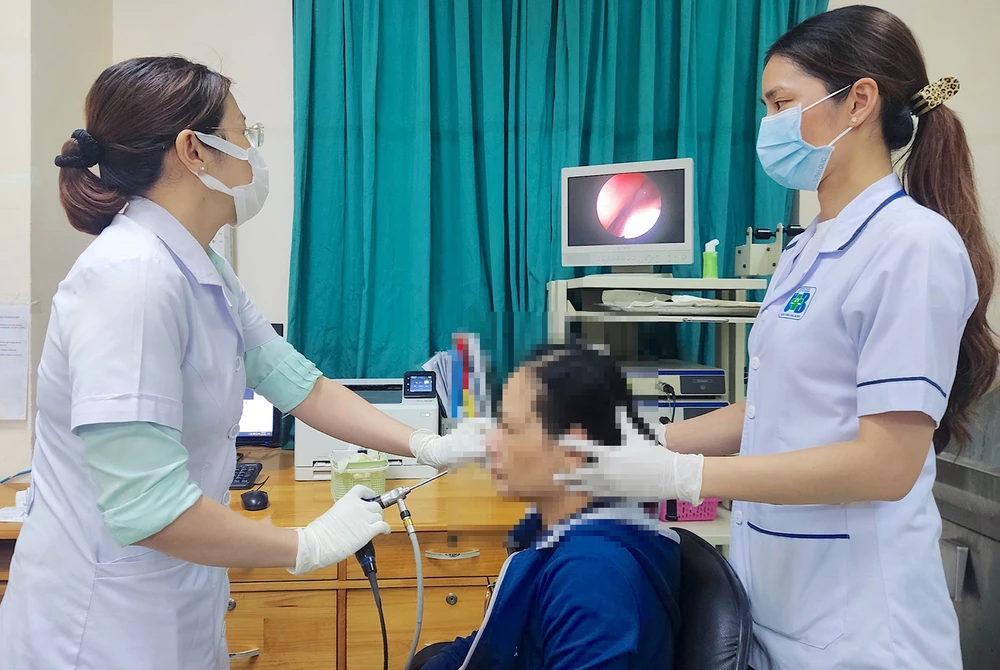
Asymptomatic disease
In mid-2023, Mr. HTQ (31 years old, living in Tay Ninh) had a stuffy nose, nosebleeds, and severe headaches. The pain was dull from the top of the head down to the back of the forehead, and later the pain became more severe, accompanied by dizziness and lasted longer. At the local hospital, Mr. Q. was diagnosed with sinusitis. After nearly 2 weeks of inpatient treatment, seeing that the symptoms did not improve but showed signs of worsening, he asked to be discharged from the hospital and transferred to the ENT Hospital in Ho Chi Minh City for examination.
Here, the doctor discovered that Mr. Q. had an abnormal tumor in the left nasopharyngeal mucosa that spread to the left sphenoid sinus. After pathological surgery, the doctor diagnosed him with nasopharyngeal cancer and he was transferred to the Ho Chi Minh City Oncology Hospital for further treatment.
Ms. LHTS (45 years old, living in Ho Chi Minh City) also often has symptoms such as stuffy nose, nosebleeds. When the nosebleeds became more frequent, she went to the Ho Chi Minh City Ear, Nose and Throat Hospital for examination, the doctor also diagnosed Ms. S. with stage 2 nasopharyngeal cancer.
According to statistics from the Ho Chi Minh City Ear, Nose and Throat Hospital, on average, each day, the hospital's nasal and sinus endoscopy room receives about 10-15 people coming for examination with symptoms of nosebleeds, of which 2-3 cases are suspected of having nasopharyngeal cancer.
At the Department of Head and Neck Radiology, Ho Chi Minh City Oncology Hospital, 80-150 cases of nasopharyngeal cancer are treated every day.
Dangerous complications
According to medical experts, nasopharyngeal cancer has a high rate of complications and mortality. However, in the early stages, the disease has no obvious symptoms, which can easily lead to people being subjective, and inexperienced doctors often mistake it for some common ear, nose and throat diseases.
In stage 2, nasopharyngeal cancer has more obvious symptoms such as the patient has a continuous stuffy nose, accompanied by a runny nose. In addition, there may be a runny nose caused by sinusitis, sometimes the patient also has a runny nose with blood. Next, the patient has lymph nodes in the neck or jaw angle (hard lymph nodes, pressing on them does not cause pain and there are no signs of inflammation around them); tinnitus, hearing loss, and pain on one side appear. At this stage, the patient also experiences neurological symptoms such as prolonged headaches, pain in the temples or deep pain in the eye sockets...
Dr. Lam Duc Hoang, Head of the Department of Head and Neck Radiology, Ho Chi Minh City Oncology Hospital, said that nasopharyngeal cancer is among the 10 most common cancers in our country. Men (usually between the ages of 40-60) get nasopharyngeal cancer 3 times more often than women.
To date, medicine has not yet clearly identified the cause of nasopharyngeal cancer. However, risk factors include geography, race, lifestyle habits and especially the pathogenesis of Epstein Barr virus (EBV). EBV is one of the most common viruses in humans, the cause of mononucleosis and is associated with a number of cancers such as nasopharyngeal carcinoma, stomach cancer, Hodgkin lymphoma, etc.
Dr. Nguyen Minh Hao Hon, Head of the Nose - Sinus Department, Ho Chi Minh City Ear, Nose and Throat Hospital, recommends that people who experience any symptoms of nosebleeds or bloody noses should go to a medical facility for endoscopy to check and rule out dangerous causes for the patient such as nasopharyngeal cancer, other cancers of the nose and sinuses in particular and the nose and throat in general.
According to Dr. Lam Duc Hoang, among people with nasopharyngeal cancer, up to 70% of cases are detected at a late stage. If this disease is detected early, there will be appropriate treatments to minimize complications and increase the success rate of treatment. When there are unusual signs, people need to see an ENT specialist, neurologist for examination, early detection to receive advice on diagnosis and treatment. To prevent, people need to increase the resistance of the nasopharyngeal mucosa with mouthwash, eat a balanced and hygienic diet to avoid the spread of EBV virus; limit eating pickled vegetables, pickled eggplants; people with a family history of nasopharyngeal cancer should avoid occupations that involve exposure to wood dust, coal burning, polluted smoke and dust, etc.
QUANG HUY
Source












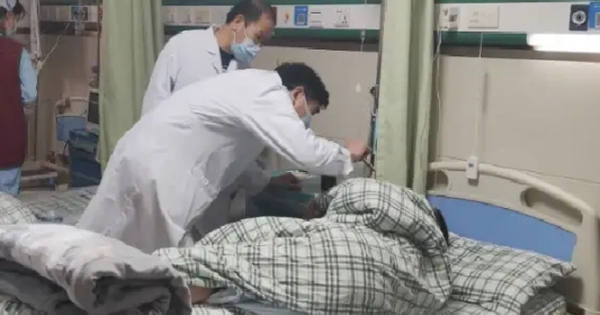


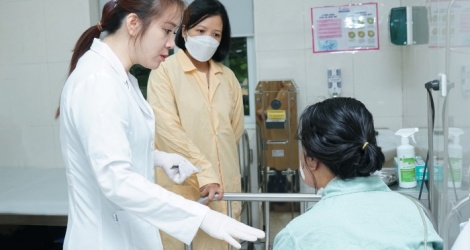






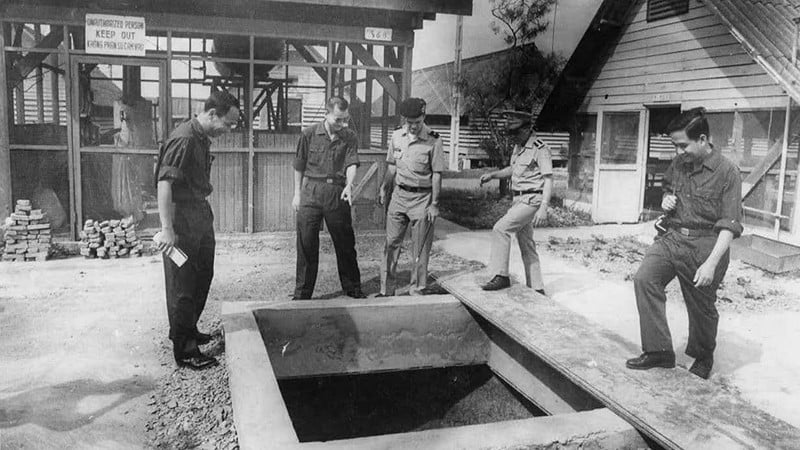
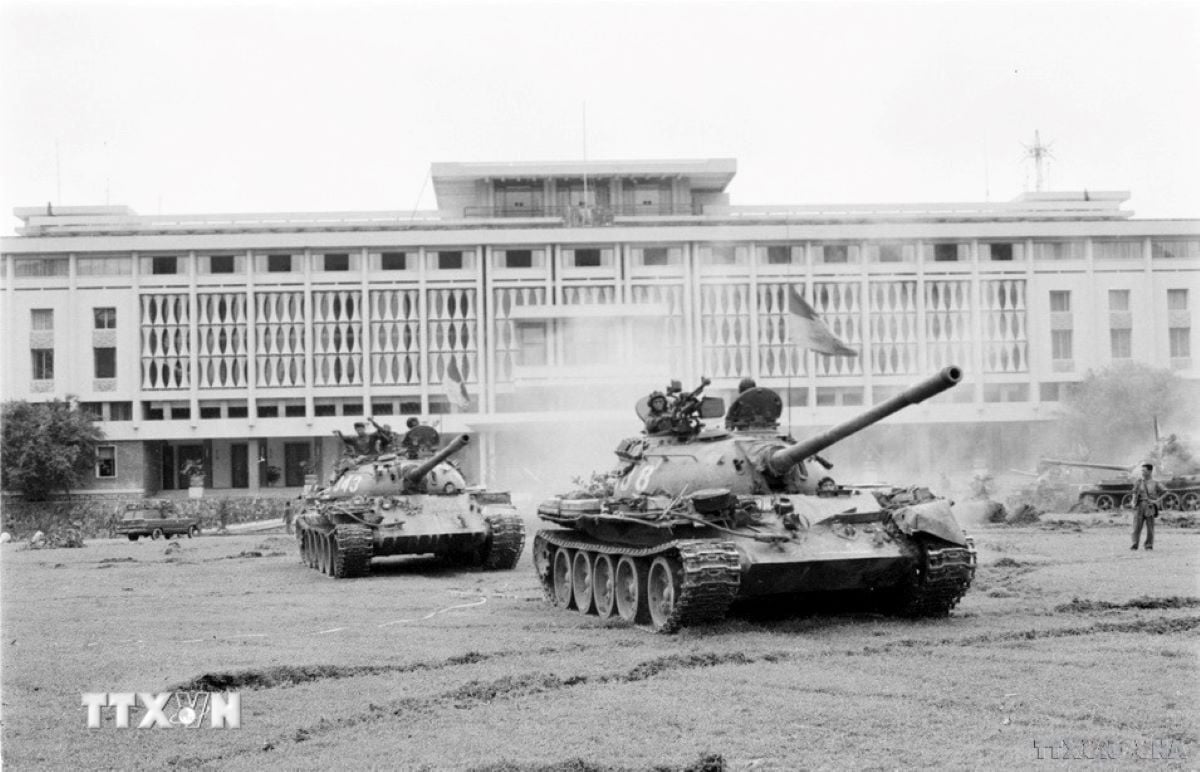



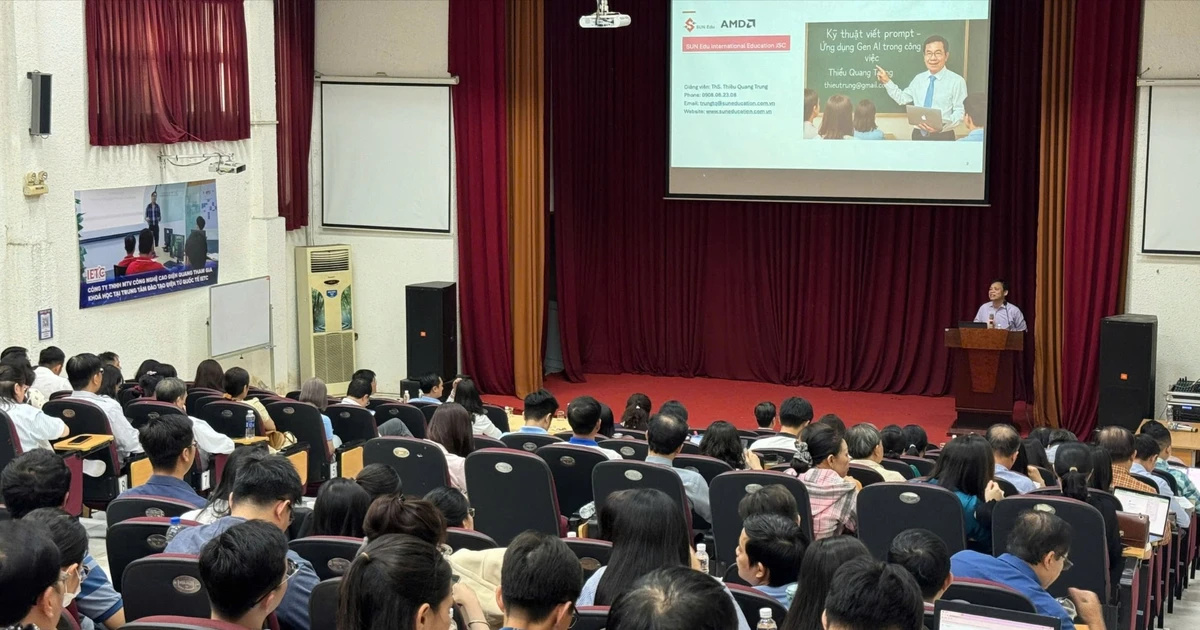
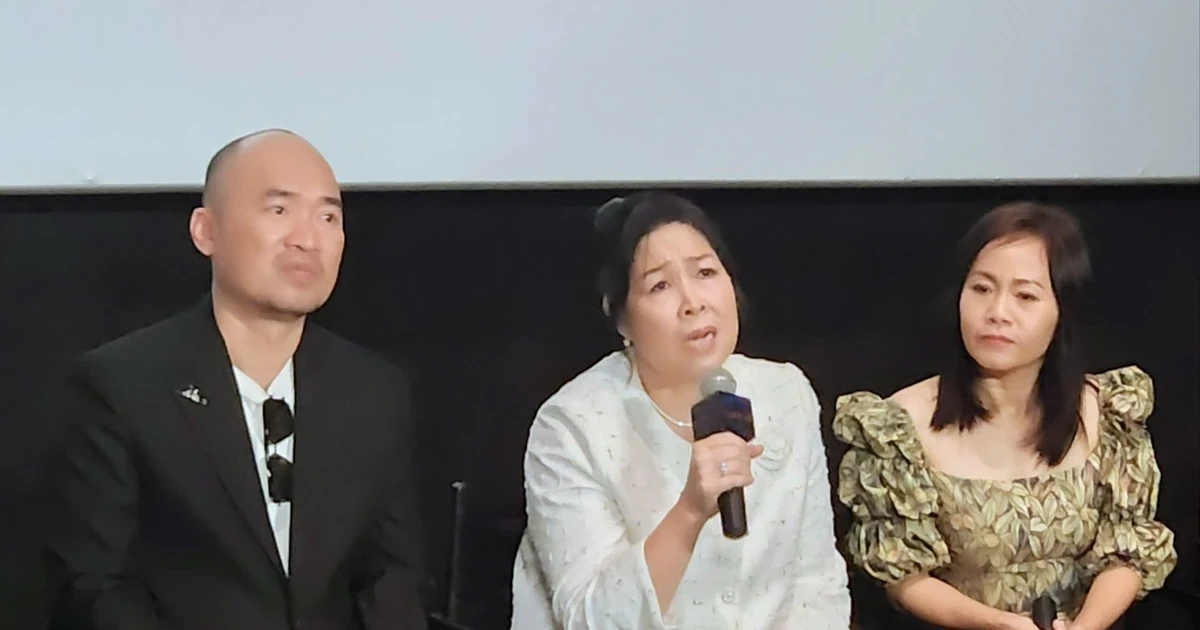





![[Photo] "Beauties" participate in the parade rehearsal at Bien Hoa airport](https://vstatic.vietnam.vn/vietnam/resource/IMAGE/2025/4/11/155502af3384431e918de0e2e585d13a)


















































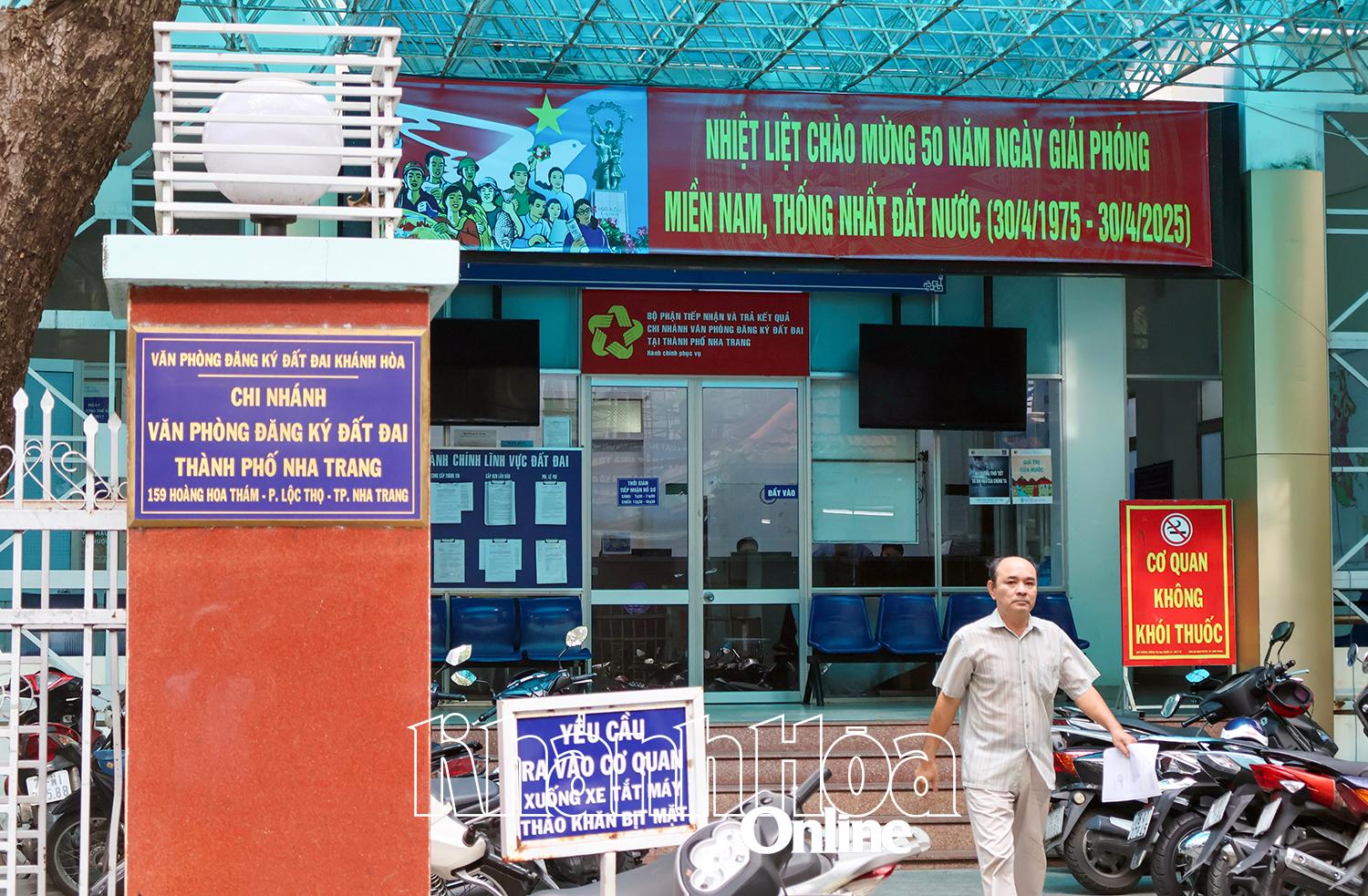

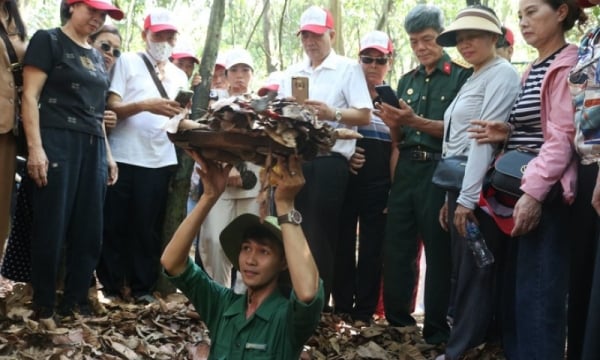










Comment (0)